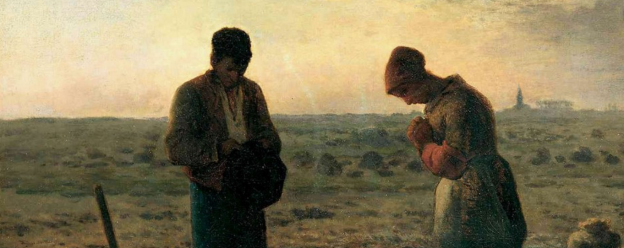Summary
When I was a teenager, bracelets with WWJD and FROG were big in some Christian circles. They were meant as reminders to think “What Would Jesus Do?” in situations, or to proclaim that you were “Fully Reliant On God”. But what does it mean to be fully reliant on God?
Psalm 31 expresses some of the meaning behind being truly, fully, reliant on God. Psalm 31, which again raises themes of lament and thanksgiving we have seen in previous psalms, expresses the thankfulness David felt for his deliverance by God. David’s full reliance on God flowed from God’s steadfast love, which sustained him. In Psalm 31, David expresses a prayer of trust for deliverance by God, and thanksgiving for answer to his prayer.
Our passage explained
v1-8
Psalm 31 begins with a prayer of trust for deliverance by God. David proclaims his trust in God by declaring that “In you, O LORD, do I take refuge” and asking God to deliver him (v.1). He desires God to be a refuge place and a fortress, and hear his cries (v.2).
His desire is then expressed in trust, as he declares that God is his refuge and fortress, leading and guiding him and rescuing him (vv.3-4). He expresses complete confidence in God when he declares “Into your hand I commit my spirit; you have redeemed me, O LORD, faithful God” (v.5). He does not trust in useless idols or think much of those who do, because he trusts in God (v.6). Instead he rejoices in God’s faithfulness to him, which sees God recognise David’s troubles and rescue him from them (vv.7-8).
v9-18
In verse nine onwards David expands on his prayer for deliverance. He is in distress and grief, experiencing sorrow (vv.9-10). David acknowledges that his own heart is filled with sin, and his condition makes him like an old man struggling along (v.10). His problems are many; he faces enemies, his neighbours shun him, and even his friends abandon him, leaving him to feel as if he is dead (vv.11-12). He faces slander and death threats alone (v.13).
Despite this, David trusts in God and confesses faith in him to save (v.14). All the circumstances of his life “are in your hand” (v.15), so he can appeal to God to deliver him from his enemies and demonstrate God’s covenant love in salvation (v.16) as God had promised (Numbers 6:24-25).
David calls on God to deliver him from his enemies, and for his enemies (instead of him) to “be put to shame” (v.17); that is, to be disgraced. He wishes them dead, where they cannot attack him again. He also asks that the slanderous words (v.13) are silenced, so the righteous such as him will no longer be troubled (v.18).
v19-23
In the remainder of the psalm, David expresses thanksgiving for answer to his prayer. David proclaims the abundant goodness of God “which you have stored up for those who fear you” and displays towards them in the sight of all (v.19). God’s presence with his people covers and hides them from sinners’ schemes and protects them (v.20).
The abundant goodness of God has been displayed to David himself, who proclaims “blessed be the LORD, for he has wondrously shown his steadfast love to me” (v.21) and responded to David’s situation of distress (v.22). God heard David’s cry for mercy (v.9) and acted out of his unchangeable loving kindness.
Because God is good, and faithful to his promises, David’s psalm ends with an encouragement to all God’s people to “Love the LORD” who shows mercy and preserves his people (“the faithful”, v.23). In times of trouble, we should wait for God to act, being “strong, and let[ting] your heart take courage” because of God’s covenant love for his people.
Our passage applied
This psalm reminds us of two important truths. Firstly, it reminds us of God’s abundant goodness which flows from his nature to all his people. A repeated theme of this psalm is David’s confidence that God cares for his people, and acts to save. David prays to God for help on that basis, he proclaims his trust in God on that basis, and he rejoices in God’s help given. Singing or meditating on this psalm reminds us of God’s goodness to us.
Secondly, this psalm reminds us that we can place our trust in God because of God’s goodness. Nowhere has this been better expressed than on the Cross, as sinless Jesus died for our many iniquities; quoting verse five of this psalm “calling out with a loud voice… ‘Father, into your hands I commit my spirit!’” (Luke 23:46). In his life and death Jesus trusted God’s goodness, trusting himself to God as he took his last breath accomplishing salvation.
Because of Jesus’ full reliance on God through his life and death, we too can trust in God’s goodness to save us. Jesus demonstrates God’s goodness to save us from our sins and from death. Because of Jesus, we can commit our spirit into God’s hands.
Resources
Questions? Please contact us. Inspired? Come and worship with us on Sundays.


